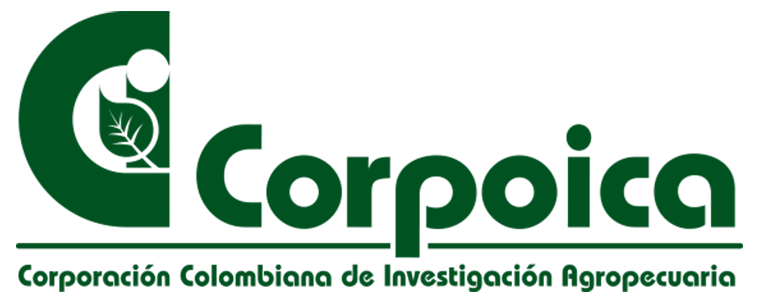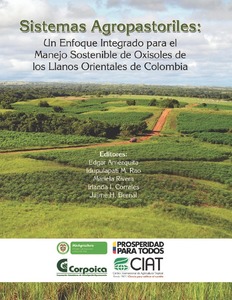Location
La Corporación Colombiana de Investigación Agropecuaria, Corpoica, es una entidad pública descentralizada de participación mixta sin ánimo de lucro, de carácter científico y técnico, cuyo objeto es desarrollar y ejecutar actividades de Investigación, Tecnología y transferir procesos de Innovación tecnológica al sector agropecuario.
Motor
La construcción social y actualización de la Agenda Nacional de Investigación, Desarrollo e Innovación; I+D+i, la coordinación de los actores del Sistema Nacional de Ciencia y Tecnología Agroindustrial; SNCTA; y el desarrollo y administración de la plataforma Siembra.
Members:
Resources
Displaying 1 - 5 of 15Dancy mandarin: a new alternative for citrus growing in the piedmont plains of Colombia
The major citrus production of the world are located between 20-40 degrees north and south latitude. In these conditions the mandarins get the best internal and external qualities.‘Arrayana’ is the main mandarin cultivated in Colombia tropical lowlands (around 04° N). This variety is characterized by a high concentration of the harvest in december and january because it has only one principal bloom in the year (two weeks after onset of rainy season); and an average external quality that prevents it from being highly competitive.
Evaluation of plant species for use in the control of acid sulfated soils in Paipa, Boyacá
Acid sulfated soils are characterized by high amounts of iron and sulfur, which in presence of air are oxidized and form sulfuric horizons extremely acidic, generating environmental changes ranging from water pollution to problems associated with fertility and crop production, among others. This research was conducted in order to identify suitable plant species to control the acidity of these soils in the town of Paipa, Boyacá, Colombia. A completely randomized experimental design with 6 treatments and 3 replications was implemented in potting shed; there, the response of Beta vulgaris L.




